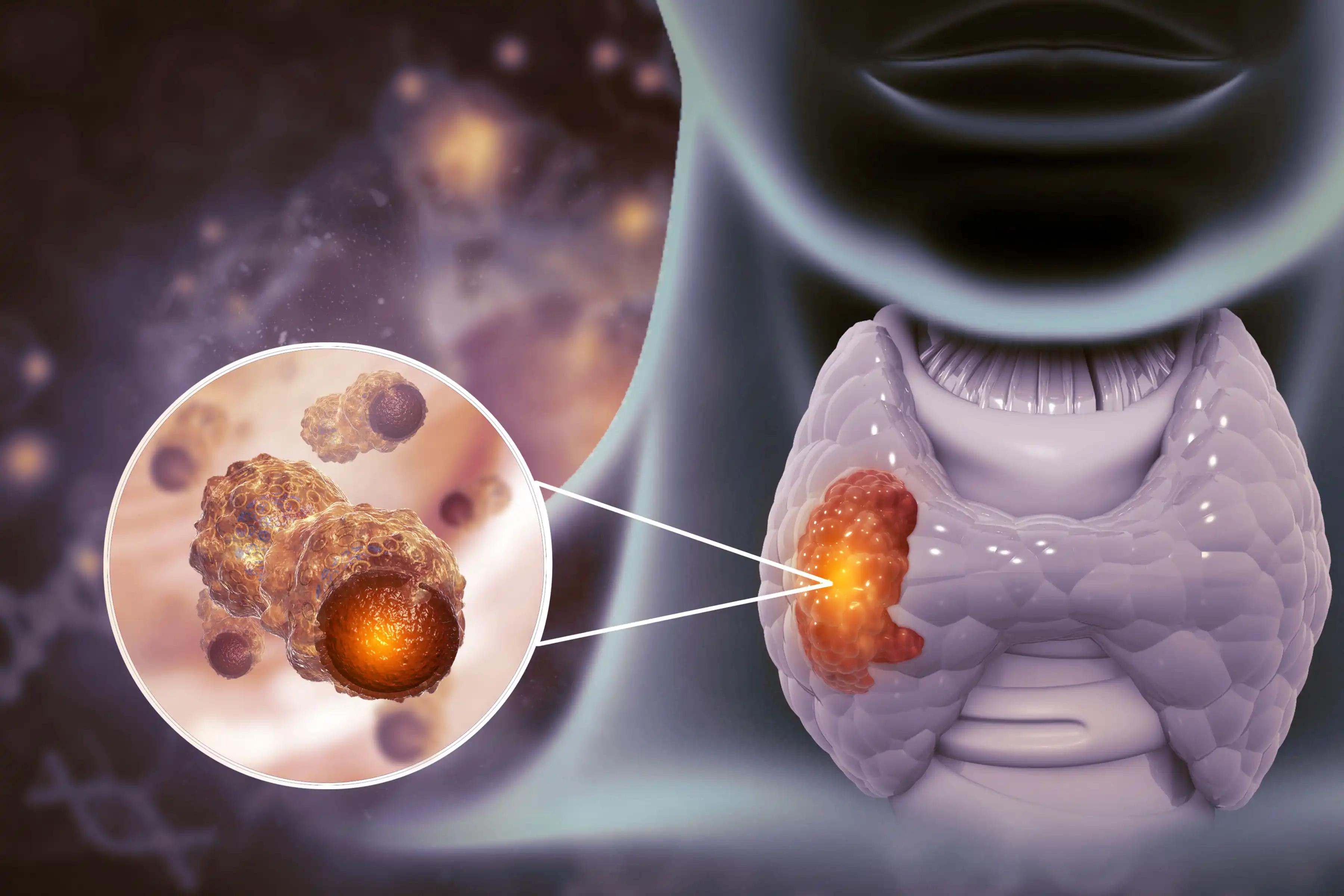KEY TAKEAWAYS
- The study aimed to investigate the impact of TME on postoperative RF compared to traditional thoracic esophagectomy.
- Researchers found that TME leads to less severe postoperative RF decline than traditional thoracic esophagectomy.
Esophagectomy for esophageal carcinoma (EC) is known to lead to deterioration of respiratory function (RF) due to thoracotomy and mediastinal lymph node dissection.
Shutaro Sumiyoshi and the team aimed to evaluate the impact of transmediastinal esophagectomy (TME) on pulmonary function.
They performed an inclusive analysis of data from 102 patients with EC who underwent either transthoracic esophagectomy (TTE) or TME. Postoperative respiratory function tests were conducted within 3 months following surgery. The evaluation of perioperative pulmonary function was based on measurements of vital capacity (VC) and forced expiratory volume in 1 second (FEV1.0).
About 12 (11.8%) patients underwent TTE, while the remaining 90 (88.2%) patients underwent TME. Neoadjuvant treatments were significantly more common in the TTE group (P = 0.011), and this group also had more advanced tumor stages (P = 0.017). The TME group experienced significantly lower estimated blood loss (P = 0.015).
Postoperative respiratory function analysis revealed a decrease in VC and VC of predicted (%VC). The decrease rates in VC, %VC, and forced expiratory volume in 1 second (FEV1.0) were significantly greater in the TTE group compared to the TME group.
The study concluded that TME is associated with a less severe postoperative decline in respiratory function compared to TTE. This suggests that TME may offer an advantage in preserving pulmonary function after surgery.
The source did not receive any funds.
Source: https://pubmed.ncbi.nlm.nih.gov/39187371/
Sumiyoshi S, Shiozaki A, Fujiwara H, et al. (2024). “Utility for Postoperative Respiratory Function of Transmediastinal Esophagectomy for Esophageal Carcinoma.” In Vivo. 2024;38(5):2358-2363. doi:10.21873/invivo.13702



